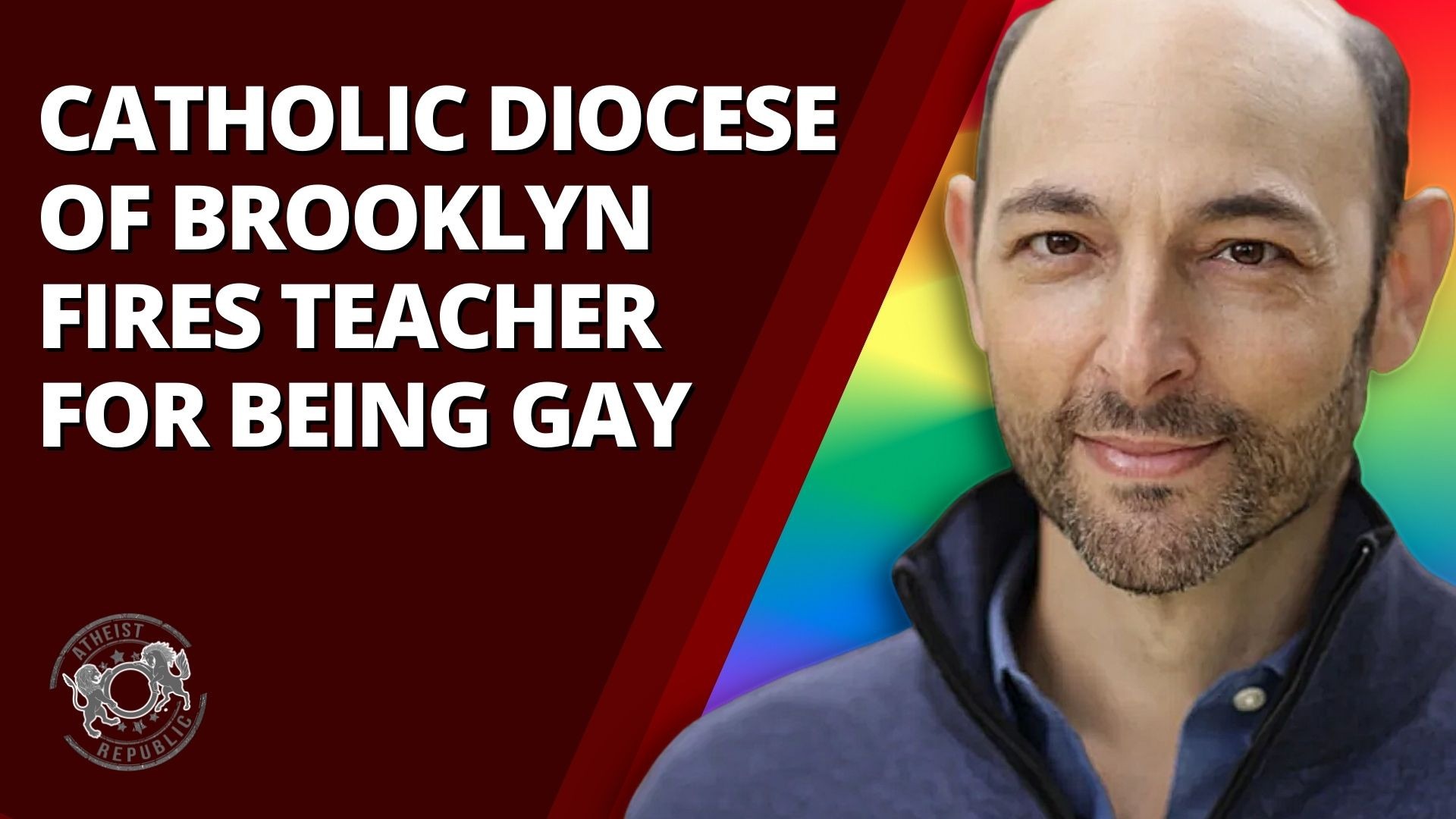
On October 13, Wednesday, the Diocese of Brooklyn fired Matthew LaBanca, the music director of the Corpus Christi Church parish in Queens, New York. A statement released by the diocese said that LaBanca did not comply with church teachings as a requirement for being a minister.
LaBanca has worked as a choir organist and director for the Corpus Christi Church for 16 years. In 2015, he started teaching children to sing and play instruments at the St. Joseph Catholic Academy, ten minutes from the church.
LaBanca, who describes himself as a lifelong Catholic, married his partner, Rowan Meyer, on August 1, 2021. LaBanca’s father officiated the wedding, who was recently ordained by the Universal Life Church. He called it “the most beautiful day of my life.”
In an interview with the New York Times, LaBanca explained that “there is a lot of ambiguity right now” regarding upholding the Catholic faith. What the “Pope himself has said about acceptance” adds uncertainty to this matter, LaBanca continued.
After his wedding, LaBanca learned that a group of church leaders discussed ways to qualify his roles as a minister within the church. Even though his roles “did not involve religious education or preaching,” the New York Times reported.
Federal laws and the state of New York prohibit employers from discriminating based on sexual orientation. However, religious institutions are allowed to prefer employment with members of their faith. They are also entitled to set qualifications based on gender for ministerial positions.
A $20 thousand severance package was offered to LaBanca for a confidentiality agreement prohibiting him from publicly discussing his dismissal. LaBanca readily denied the offer, choosing instead to publicize his termination.
He said that “there are many people whose lives do not conform to the teachings of the Church.” “People who don’t go to church on Sunday, are on birth control, or are divorced,” are left unpunished, he added.
Sharita Grubberg, vice president of the LGBTQ Research at the Center for American Progress, said that the government has no say in what constitutes a ministerial role for a religious organization. “This is a really, really broad exemption,” she added. Katherine Franke, Faculty Director of the Law, Rights, and Religion Project at the Columbia Law School, said that the “Supreme Court has taken a very broad view of the ministerial exception.”
LaBanca believes that the diocese was very subjective in its decision. He denied being a minister nor functioning in any capacity as a minister. LaBanca said it’s “a strong label for what I do.” “At school, I was Mr. Matt or Mr. Matthew; I was never called a minister,” he added.
